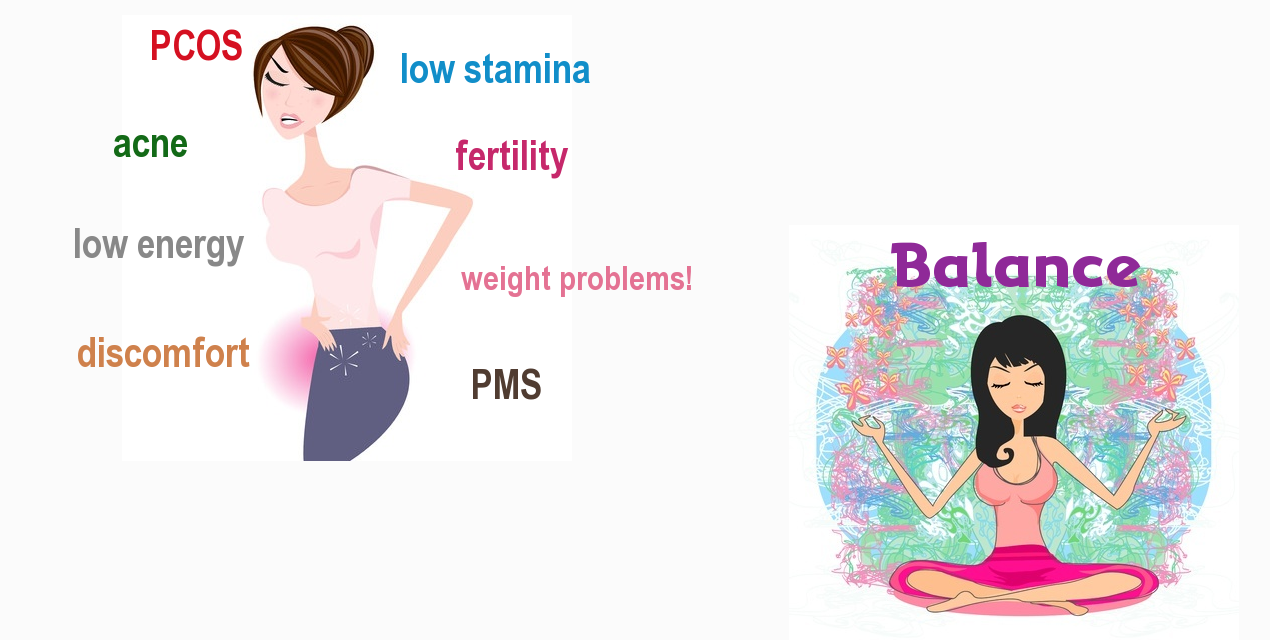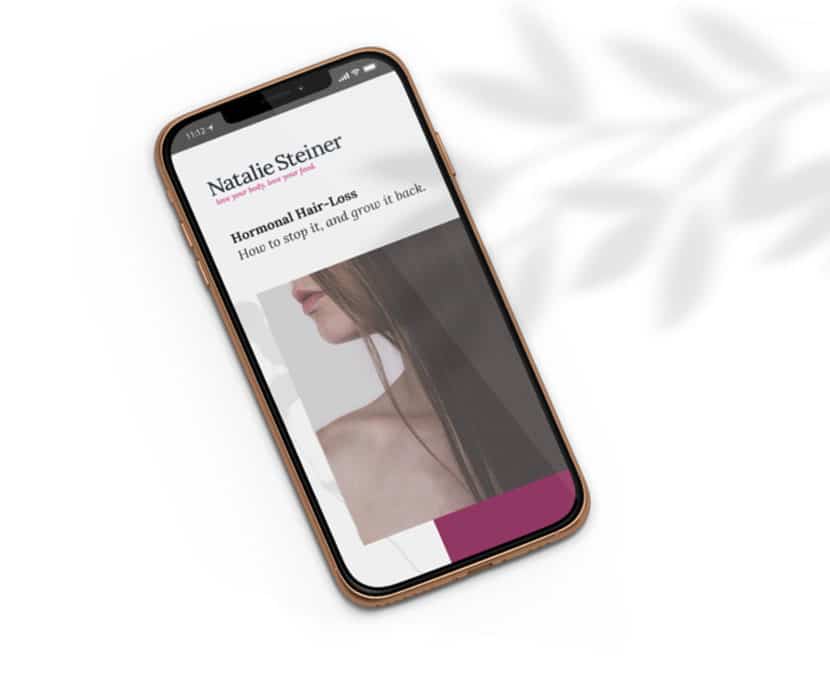As the seasons shift, like everyone else most likely, I’m finding a different rhythm and ground in all areas of my daily life. It seems a little teeny bit harder to wake up around 6:00am, I am craving different foods and movement for my body and generally, just a bit more introspective than the higher energy of summer. I sort of love it. I’m sitting in a coffee shop looking outside at the autumn leaves from a small window in Denver, CO and feeling quiet, but good. Grounded. Less frantic. Even after living here for a couple of years now, I also realize how much nature and getting outdoors on a long hike with a friend can literally shift my perspective and mindset, remove myself from the chaos that can sometimes consume our thoughts and energy… and simply clear out the clutter.
One topic of interest that came up yesterday during our hike was hormonal balance – or imbalance for that matter. How weird our cycle can get after the age of 35, how I hear all of the time that ‘it’s always been weird but it seems to be getting worse, but it’s probably due to this or that’, or, ‘I need to be on the pill to regulate my hormones’, or, ‘my blood tests came back normal so it has to be something else’ or, ‘I take my Vitamin D and complex vitamin so I shouldn’t need anything else’… and the list goes on and on. The more frustrating piece is that I find less and less that the GYN’s out there are providing the support and general need to women for managing an imbalance or even know what it looks like beyond a simple blood test that is just a quick snapshot in time.
The truth is ladies, and it’s ok… at 35 and beyond we start the perimenopause stage, quite literally, the years before menopause. It seems that, thankfully, there is more focus on menopause these days, but not so much during the in between stages. There is scientific evidence out there that around age 35, our progesterone production significantly drops. This can cause migraines, increase PMS, and other erratic symptoms that can kind of make us question whether or not we are doing something wrong. When I came off of birth control five years ago, I went into such a spiral of depression, it quite literally shifted my perception of everyday life. I’m not saying that being on birth control is wrong, but it is so damaging to you’re the natural production of your OWN hormones not to mention what a toll it takes on your liver and precancerous triggers. What I found out through alternative testing was that I was completely depleted of pregnenolone, a steroid hormone that is a precursor to all other hormones (progesterone, estrogens, DHEA, testosterone, etc.) and health. This isn’t the case for everyone, but there are clear, basic steps to take when you are dealing with erratic cycles and symptoms and want a simple answer when entering this phase of life:
- Saliva Hormonal Testing – I used ZRT Labs to test for estradiol, progesterone and testosterone to start. Taking a blood test is great, but female hormones literally change everyday! A blood test is snapshot. Taking a saliva test can measure throughout the day, over a course of a few days to get a better measure if anything is off. Once results are reviewed, you can manage deficiencies and imbalances going forward. There are great nutraceuticals on the market for hormones that are non-toxic and low risk when using them for the longer term, or at least till you feel comfortable coming off of them.
- Supporting Adrenal Function – Testing cortisol levels can also be helpful. Our HPA-axis and hormonal health are so linked together, it makes sense to simply support both. Herbs such as licorice root and ashwagandha act as a great support to the fight or flight response. I personally like ashwagandha best since it is an antigen and regulates according to what your body needs. Licorice root is great, but can also be over-stimulating to an already stressed out body.
- Protein and Fatty Acids – My dear friend on the hike says she ‘crash eats’. She is tiny and doesn’t have any weight issues or food sensitivities but she will go over 4+ hours without food and find that she is starving to only eat a big burger with fries for the day! No good! Protein, especially as we age is crucial for hormonal health aiding in B-vitamin supplementation, bone and muscle-mass health which also start to decline as well as keeping sugar levels balanced throughout the day. Unfortunately, pre-diabetes is also a risk during this time. So, protein with each meal, (perhaps 3x a day) with a fish-oil supplement can be a great start. I love Barleans Fish Oil with Primrose Oil.
- Nourishment and Embodiment – You would think that nourishment only relates to food, but the truth is, it also means being kind to yourself through other modalities during a fluctuating time in our lives. Our bodies shift and change with even one season, imagine how it might need extra care when chemicals are actually changing. Listen to what you need. If you can’t exercise that day, simply take a walk or a yoga class instead. Take an Epsom salt bath for migraines. Have steamed veggies that soothe and warm your body instead of a salad when you’re feeling anxious. Cool and damp foods can actually also deplete an already energy tapped out system. Take out a notepad and write. All of our thoughts and emotions can surprisingly sync up with what time of the month it is. Knowing when we are more sensitive during the month can help you prepare and manage for the future.
References:
http://www.todaysdietitian.com/newarchives/030314p30.shtml
https://store.zrtlab.com/index.php/saliva-testing
http://intelegen.com/nutrients/pregnenolone_and_mental_function.htm

